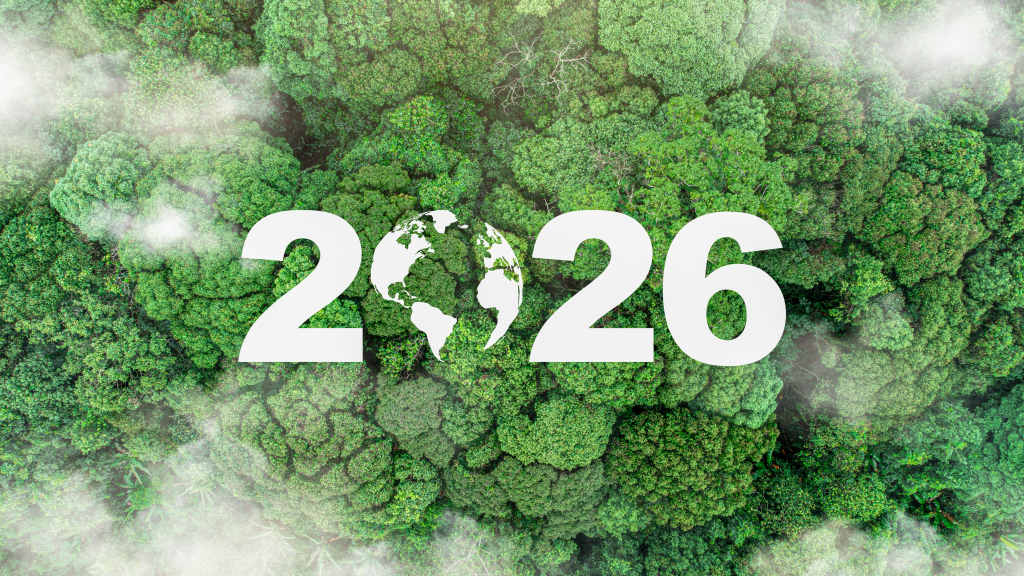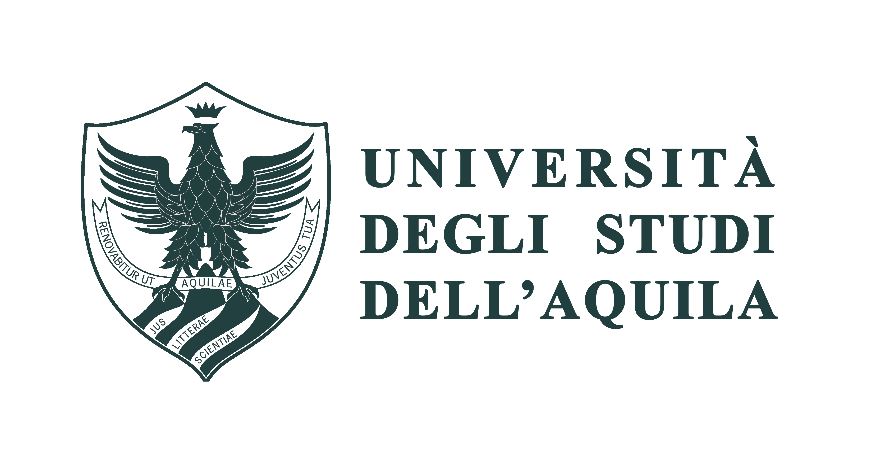How much CO₂ we save by eliminating single-use plastic is a question that today can finally have an answer based on data, research and verifiable certifications. The Plastic Free Management System certification does not only describe a commitment against single-use plastic: it measures its climate impact in terms of avoided emissions over the entire life cycle of products.
Together with the University of L’Aquila and a broad network of technical and scientific partners, we are finalising a new standard for certifying and verifying the tonnes of CO₂ equivalent (CO₂eq) saved thanks to the Plastic Free Management System certification paths. This standard will make it possible to generate and place on the market the first Plastic Carbon Credits directly linked to the reduction of single-use plastics in management systems.
In practice, the reduction of plastic is no longer “just” a good practice: it becomes a certified, traceable value, recognisable both on carbon credit markets and in organisations’ sustainability reports.

The scientific foundation, from carbon footprint to the emission matrix, is at the heart of the work that, over the last few years, we have carried out together with the Department of Industrial and Information Engineering and Economics of the University of L’Aquila. The research group coordinated by Dr. Davide Di Battista has analysed in depth the Plastic Free Certification methodology in order to quantify the CO₂eq emissions avoided thanks to actions to reduce, eliminate or replace single-use plastic items.
Policies aimed at reducing single-use plastic of fossil origin have a double positive effect:
To produce solid and defensible figures, the team worked on the concept of carbon footprint applied to single-use plastic, turning it into operational tools for companies, institutions and organisations that choose Plastic Free pathways.
The calculation of CO₂ savings is the next step that makes the connection between everyday choices and their climate impact truly concrete. The procedure developed is based on an extensive review of scientific literature, which made it possible to estimate CO₂ equivalent emissions over the entire life cycle – from raw material extraction to end of life – of specific plastic products or product categories.
From this work, a summary matrix was created in which, for each category and material, a value of kgCO₂eq per kg of plastic is indicated. The same approach was applied to the main, more sustainable alternatives, in order to evaluate the emission savings net of the substitutions.
Today, together with the University of L’Aquila, we are updating and refining the emission factor matrix to make it even more accurate, transparent and aligned with the latest studies on the impact of materials. The goal is to offer those who seek certification a robust tool that is easy to communicate and to integrate into their ESG pathways.
For certified organisations, the importance of these recent developments in the research turns numbers into strategic decisions. For those who have already embarked on a Plastic Free Management System certification pathway, it is already possible to calculate the real impact of their actions to reduce single-use plastic, expressed in tonnes of CO₂eq avoided.
From 2026, this process will become even more structured thanks to:
The carbon credits generated will be able to be:
In this way, efforts to reduce single-use plastic become even more measurable, recognised and capable of generating real economic and reputational value. This creates a virtuous circle in which the Plastic Free transition is not only an ethical choice, but a concrete driver of competitiveness and innovation for those who choose to lead the change.


P.IVA/Cod. Fis. 02059040671
Privacy Policy